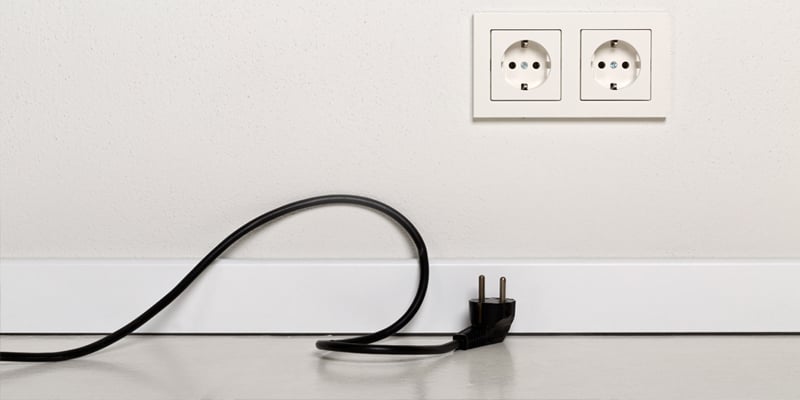Safety

By
Rob Boyle
October 10, 2024
Updated
October 10, 2024
0 min read

What should I do when the power goes out?
Most people have a mini panic attack when there is a loss of power since most of us are fully dependent on electric-powered necessities. Living without power is a huge adjustment.
How can I prepare for a blackout or power outage?
When a blackout occurs, people tend to scramble around looking for a flashlight or candles, checking their phones for news and updates, only to notice the battery life slowly decreasing. Residents should prepare for life without electricity.
Below are a few tips to remember in the event of a power outage.
- Unplug your electronics to protect from power surge when power comes back on.
- Keep refrigerator and freezer doors closed. If food thaws, eat food from the refrigerator, starting with dairy products. Save canned food and non-perishable food for last.
- Keep candles away from combustible items which could accidentally catch fire. Candles should be placed on non-combustible surfaces or in mason jars.
- Do not mix different brands of batteries or old and new batteries.
- Fill your bathtubs and sinks with water for flushing toilets. Keep reserved bottled drinking water on hand with water purification tablets.
- NEVER grill indoors. Gas and charcoal grills emit fumes that if not properly ventilated, can lead to carbon monoxide poisoning or even death.
- If possible, use a portable generator to provide back-up power to your home.

How can I use my generator?

- Portable generators should never run indoors as the fumes are deadly. Place the generator 5-10 feet (1-3 meters) from the house.
- NEVER put your portable generator in the garage.
- Plug appliances directly into the generator or use heavy-duty outdoor rated extension cords.
- Keep the generator dry.
- NEVER hook up a portable generator to your home's main panel or dryer outlet so it "backfeeds" power to your whole home. Once the power is restored, you could send an unexpected fatal high voltage surge up the line and cause injuries.
